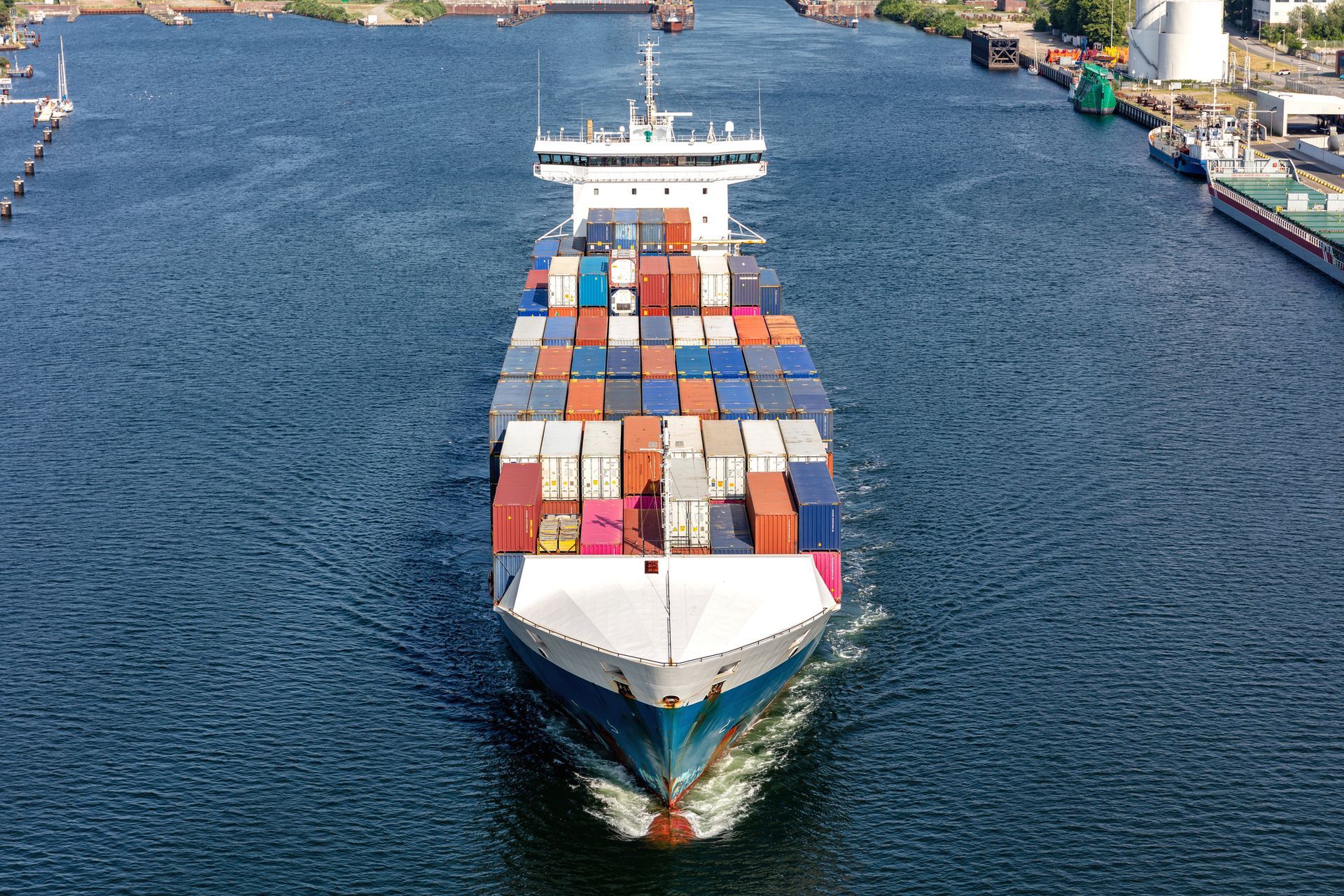
The Olympics are a sporting event of great global importance that goes far beyond competitions. They are a driver of opportunities in foreign trade, impacting several economic sectors.
The 2024 Olympics in Paris promise to generate significant impacts on foreign trade, especially on relations between Brazil and France.
This article explores how this event can be used to foster international trade, analyzing tourism, exchange rates, infrastructure, as well as the main exported and imported products and the impact on commercial transactions.
What are trade relations between Brazil and France like?
Trade relations between Brazil and France are robust, covering a wide range of sectors. France is a significant trading partner for Brazil, with transactions ranging from manufactured goods to agricultural commodities.
Trade between these two countries is governed by several specific regulations, such as the Mercosur-EU Association Agreement, ratified in 2019, which establishes parameters for trade in goods and services between Mercosur and the European Union, including France.
In addition, customs regulations require strict compliance with import and export rules, requiring detailed knowledge of Brazilian and French customs regulations.
With the Olympics approaching, an increase in trade relations between Brazil and France is expected. Sectors such as clothing, technology and food may experience additional demand.
Customs brokers will need to be prepared to handle increasing import and export volumes, ensuring compliance with current regulations. Understanding the dynamics of these events can help foreign trade professionals capitalize on the opportunities generated.
The relevance of economics in the context of the Olympics
For Paris, the hosting of the 2024 Olympic Games is expected to boost sectors such as tourism, infrastructure, transportation and trade.
Local and international companies have the opportunity to benefit significantly, with job creation and a boost to the local economy. The modernization of public transportation and sports facilities for the Games will bring lasting benefits to the population, improving the quality of life and attracting new businesses and investments."
The event also promises to revitalize urban areas and promote sustainable development within the French metropolis. The Olympics will introduce new sports and will use cutting-edge technology to improve the experience of spectators and athletes.
This scenario of economic growth creates an environment conducive to international partnerships and the expansion of bilateral trade, benefiting both Brazil and France.
The impact of the event on commercial relations
With the Olympics taking place, expectations for growth in trade relations between Brazil and France are high. Events of this magnitude trigger a series of global trade transactions, increasing the demand for specific goods and services. This creates opportunities for exporters and importers, where customs brokers play a crucial role in facilitating the efficient flow of goods across borders. Specific sectors such as technology, apparel and food may see a surge in demand. Technology, for example, will play a vital role, with electronic devices being in high demand. This increase in trade activity also calls for strategic alignment with customs regulations and a proactive approach to maximise trade benefits during this crucial period.
Relationship between foreign trade and the Olympics
The Olympics stimulate tourism and hospitality, creating significant demand for accommodation and food services. This increase in tourist arrivals revitalizes the hospitality sector, generating immediate revenue and promoting sustainable economic growth that extends beyond the end of the event.
Preparations for the Games involve extensive construction and renovation of infrastructure, creating numerous opportunities for temporary and permanent employment. This can reduce local unemployment and stimulate economic growth, boosting consumption and investment in the country even after the event.
In addition, infrastructure investments, such as modernizing public transportation and sports facilities, bring lasting benefits to the local population, attracting new businesses and investments that strengthen the economy in the long term.
Main exported and imported products
Trade relations between Brazil and France involve the export and import of various products. In 2023, the main products exported by Brazil to France included agricultural commodities such as coffee and soybeans, which are essential for the French food industry.
In addition, Brazil exports high value-added manufactured products, although in smaller quantities compared to commodities.
On the other hand, France exports to Brazil a wide range of pharmaceutical products, machinery and industrial equipment, which are crucial for the Brazilian healthcare system and industry.
This trade exchange not only strengthens ties between the two countries, but also paves the way for future collaborations in scientific development and innovation projects.
Impact of the Olympics on business transactions
The Olympics have a significant impact on global trade. Demand for specific goods and services increases during the Games period, creating opportunities for exporters and importers.
Items such as sports equipment, broadcasting technology, temporary infrastructure and medical supplies are often imported to support the event.
Importing these items requires careful attention to customs regulations to ensure that all necessary materials arrive on time and without complications. Proper classification and declaration of items is essential to ensure their smooth customs clearance, avoiding penalties and delays.
Conclusion
The 2024 Paris Olympics are not just a sporting event, but a catalyst for trade opportunities. They provide a favorable backdrop for economic growth, job creation and infrastructure investment, benefiting both the host city and its international trading partners.
For trade professionals, understanding the dynamics of these events and strategically aligning with regulations is essential to capitalize on the opportunities they generate. The trade relationship between Brazil and France, fueled by the Olympics, promises a future of partnerships and sustainable growth.
Trade and global sporting events are intrinsically linked, and the 2024 Olympics will serve as an example of how these connections can be explored for the mutual benefit of the countries involved.
Continue a navegar no blog da Allink

Mantenha-se informado sobre o comércio exterior
Assine nossa newsletter e receba atualizações semanais de forma gratuita sobre o mundo da logística.




